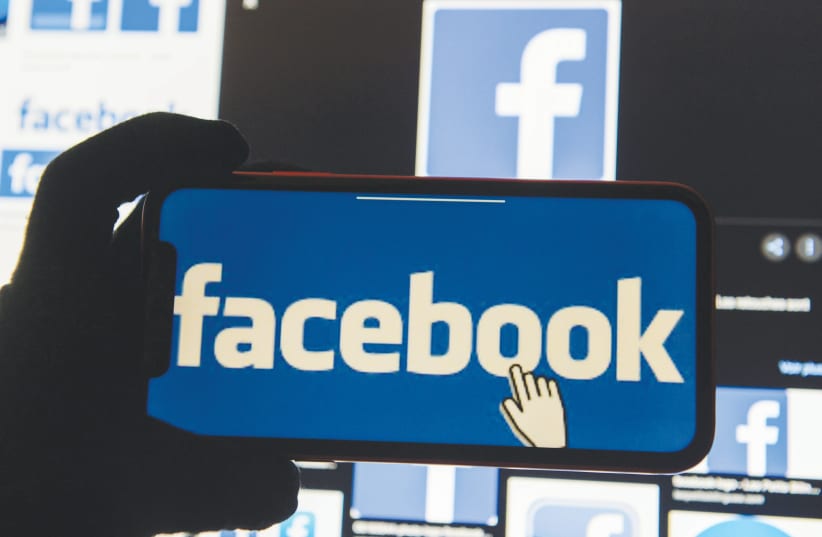Facebook’s oversight board should defend liberal values - opinion
Giving a Muslim Brotherhood supporter the ability to decide what is permitted on Facebook’s is a step in the wrong direction, and not only for Jews and for Muslims opposed to the Brotherhood.
